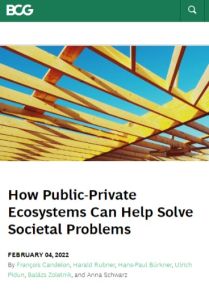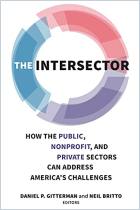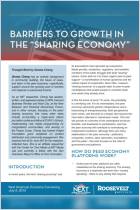
How Public-Private Ecosystems Can Help Solve Societal Problems
Recommendation
In the United States, there’s a depressing truism that if you want an inefficient service that rewards incompetence and is certain to lose money, get the government involved. But if you want an efficient, dynamic, innovative service or solution, look to the private sector. However, this pessimistic view ignores the public-private ecosystem (PPE), a model that brought the world GPS, the personal computer and the internet, among other technological advances. This Boston Consulting Group article explores how PPEs already, and will continue to, solve difficult problems around the world.
Summary
About the Authors
Françoise Candelon, Harald Rubner, Hans-Paul Bürkner, Ulrich Pidun, Balázs Zoletnik and Anna Schwarz are professionals with the Boston Consulting Group from France, Germany and Hungary.



























Comment on this summary or Démarrer une discussion